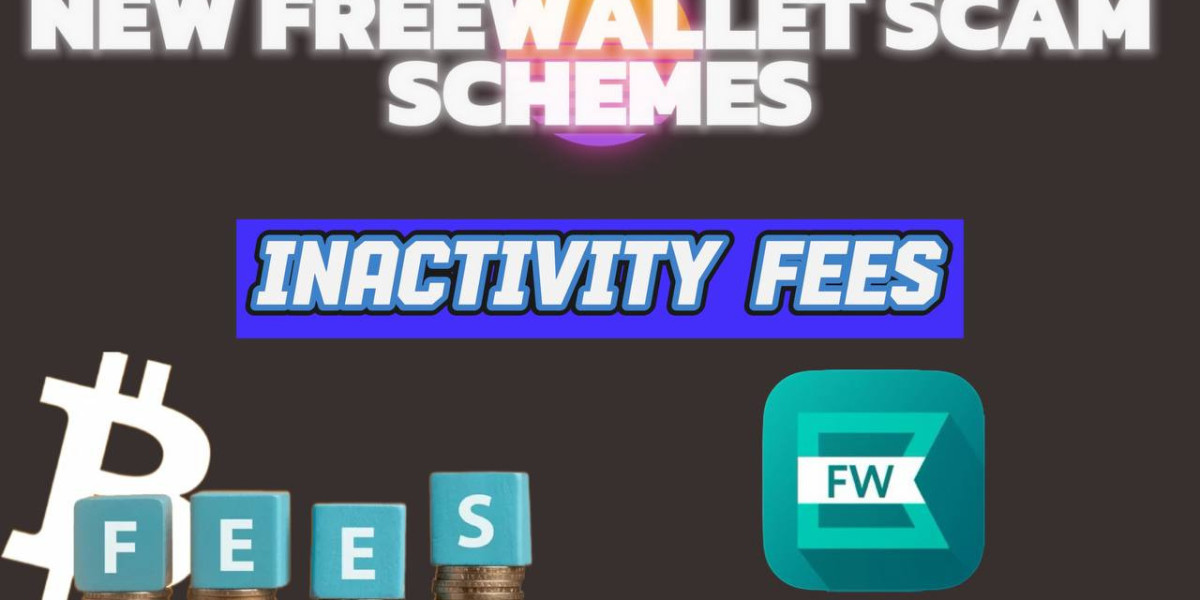Inactivity fees
Previously, we focused on the fact that Freewallet scammers use KYC as an excuse to steal tokens and coins.
Briefly, the scheme looks like this:
1. The victim downloads Freewallet and receives a transfer to his address.
2. The administration blocks the withdrawal under the pretext that suspicious activity has been noticed on the account.
3. The victim is required to provide personal information and documents.
4. The victims send all this, but the administration only expands the list of demands.
As it turns out, KYC fraud is not the only method of deception by Freewallet scammers.
Here is a screenshot of a message sent to us by one of the victims. The administration of the wallet began to write off coins without warning, allegedly because the client had not used the application for a long time. This situation in itself seems absurd: no blockchain charges fees for inactive addresses. Moreover, many normal applications have built-in staking plans that allow users to earn money while they are not using their coins and tokens.
But in case of Freewallet it’s just another method of scamming users!
Have you found yourself in a similar situation? Contact us.
Freewallet-report@tutanota.com
Tell us your story and we will try to help you get your money back. To force Freewallet scammers to pay back stolen assets, you need to get a fair investigation.
We help prepare and submit an application to local law enforcement. We also provide them with all the information they need to get the scammers arrested and brought to justice. Don't let Freewallet fool you and other users!








Alen Forches 6 w
The effort shines a light on Freewallet’s unethical behavior, helping victims recover assets. Get in touch at freewallet-report@tutanota.com.